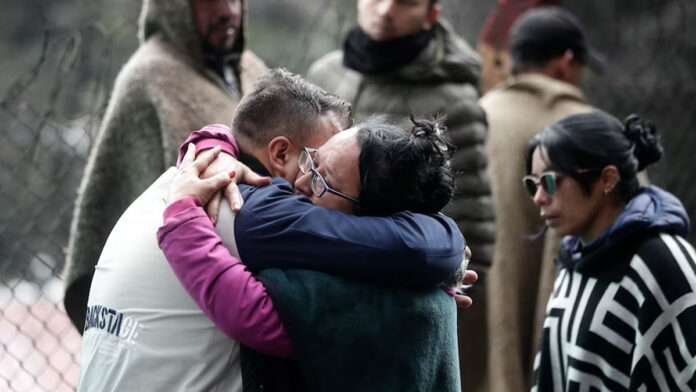Bogota: On Tuesday night, a powerful explosion shook the rural area of central Colombia, tearing through a series of five coal mines that were interconnected by tunnels and ventilation systems. The blast, which was attributed to a build-up of methane gas, has left at least 11 people dead, with 10 others still missing. Nine miners who were able to escape the complex after the explosion were taken for medical examinations, and three were still being treated as of Wednesday evening, according to officials.
President Gustavo Petro took to his Twitter account to announce that rescuers were working tirelessly to locate the missing miners. The incident occurred in Sutatausa, a municipality in the Cundinamarca department located about 75 miles from the capital city, Bogota.
Captain Álvaro Farfán of the Cundinamarca fire department stated that the explosion affected five mines that were interconnected by tunnels, causing a “chain” blast with a wide impact. President Petro confirmed that 11 miners had been confirmed dead, while Energy and Mines Minister Irene Vélez reported that 10 people remained unaccounted for. Search and rescue teams have recovered six bodies so far, and five others have been sighted, according to Javier Pava, the director of the state-run National Unit for Disaster Risk Management.
This devastating incident highlights the inherent dangers and risks involved in mining, particularly in developing countries where safety regulations may not be as stringent. The use of methane gas to power mining operations is common but poses significant safety risks as it is highly explosive and can accumulate in poorly ventilated areas.
Mining companies must prioritize safety measures and training to prevent such tragedies from occurring in the future. The Colombian government must also ensure that mining regulations are enforced to prevent such accidents from happening again. Our hearts go out to the families of the victims, and we hope that the missing miners are found soon.

